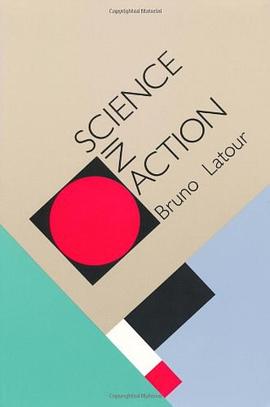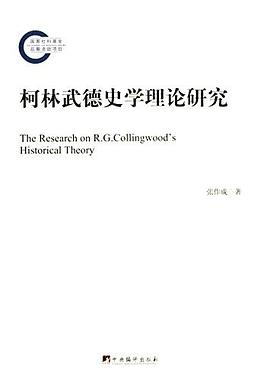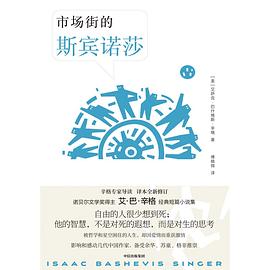Science in Action
内容简介
Science and technology have immense authority and influence in our society, yet their working remains little understood. The conventional perception of science in Western societies has been modified in recent years by the work of philosophers, sociologists and historians of science. In this book Bruno Latour brings together these different approaches to provide a lively and challenging analysis of science, demonstrating how social context and technical content are both essential to a proper understanding of scientific activity. Emphasizing that science can only be understood through its practice, the author examines science and technology in action: the role of scientific literature, the activities of laboratories, the institutional context of science in the modern world, and the means by which inventions and discoveries become accepted. From the study of scientific practice he develops an analysis of science as the building of networks. Throughout, Bruno Latour shows how a lively and realistic picture of science in action alters our conception of not only the natural sciences but also the social sciences and the sociology of knowledge in general. This stimulating book, drawing on a wealth of examples from a wide range of scientific activities, will interest all philosophers, sociologists and historians of science, scientists and engineers, and students of the philosophy of social science and the sociology of knowledge.
......(更多)
作者简介
......(更多)
目录
......(更多)
读书文摘
我们把那些将一条陈述引离它的产生条件,并使其坚固得足以产生一些其他必需结论的句子称为肯定模态(positive modalities)。与之相反,有些句子把一条陈述引向它的产生条件,不是用它产生某些其他更需要的结论,而是在细节上解释它为什么是坚固的或者为什么是脆弱的,这样的句子我们称之为否定模态(negative modalities) 。
......(更多)






